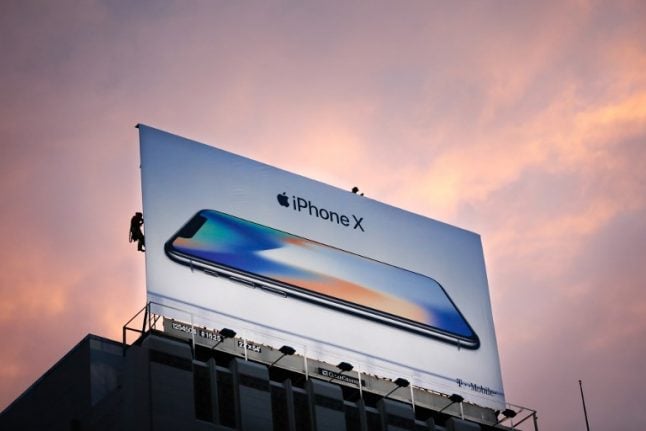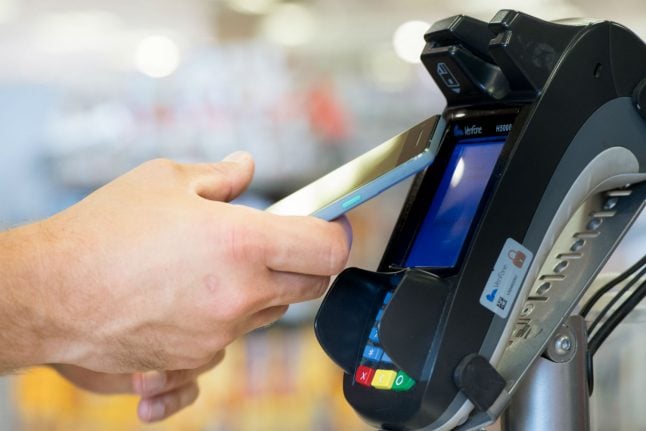Paris prosecutors have launched a probe of US tech giant Apple over suspected “planned obsolescence” in some of its iPhone models, a judicial source told AFP on Monday.
The investigation was opened on Friday and is being led by anti-trust and consumer protection specialists in the French economy ministry.
Apple did not immediately respond to a request for comment on the probe.
It comes after a complaint by the association Stop Planned Obsolescence (HOP or Halte a l'Obsolescence Programmee) after Apple admitted last month that it intentionally slowed down older models of its iPhones over time.
Planned obsolescence is a widely criticised commercial practice in which manufacturers build in the expiry of their products so that consumers will be forced to replace them.
It is decried by consumer groups as being unethical and is suspected of being particularly prevalent in the electronics industry, which produces mountains of unrecyclable waste each year
To tackle the problem, France passed landmark legislation in 2015 known as “Hamon's law” which made the practice illegal and — in theory — obliged retailers to say whether replacement parts were available.
The law, named after former Socialist minister Benoit Hamon, stipulates that a company found to be deliberately shortening the life of its products can be fined up to five percent of its annual sales while executives can face up to two years in jail.
Last month Apple confirmed what critics had suspected for years: that it intentionally slows performance of older iPhones as their batteries weaken with age.
The company said this was to extend the performance of the phone, which uses less power when running at slower speeds, and was to prevent unexpected shutdowns due to a low battery charge.
It denied incorporating planned obsolescence.
However in late December the company issued an apology for slowing older models and said it would discount replacement batteries for some handsets.
“We know that some of you feel Apple has let you down. We apologize,” Apple said in a message to customers on its website on December 28.
“We've always wanted our customers to be able to use their iPhones as long as possible.
We're proud that Apple products are known for their durability, and for holding their value longer than our competitors' devices.”
Critics have accused Apple of nudging iPhone users to upgrade to newer models by letting them think it was the handsets that needed replacing, rather than just the battery.
HOP believes Apple could be liable for a fine in line with the value of all of its iPhone sales in France since Hamon's law came into force on August 17, 2015.
The California-based group also faces a class-action suit in the United States.
In another headache for Apple in France, the company announced last week that it has filed a lawsuit against the Attac activist group after about 100 of its supporters occupied the tech giant's flagship store in Paris last month, protesting alleged “wide-scale tax evasion” by the firm.
French prosecutors have also launched a probe into Japanese printer maker Epson for alleged planned obsolescence in its products.






 Please whitelist us to continue reading.
Please whitelist us to continue reading.